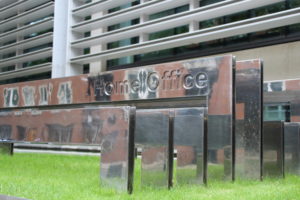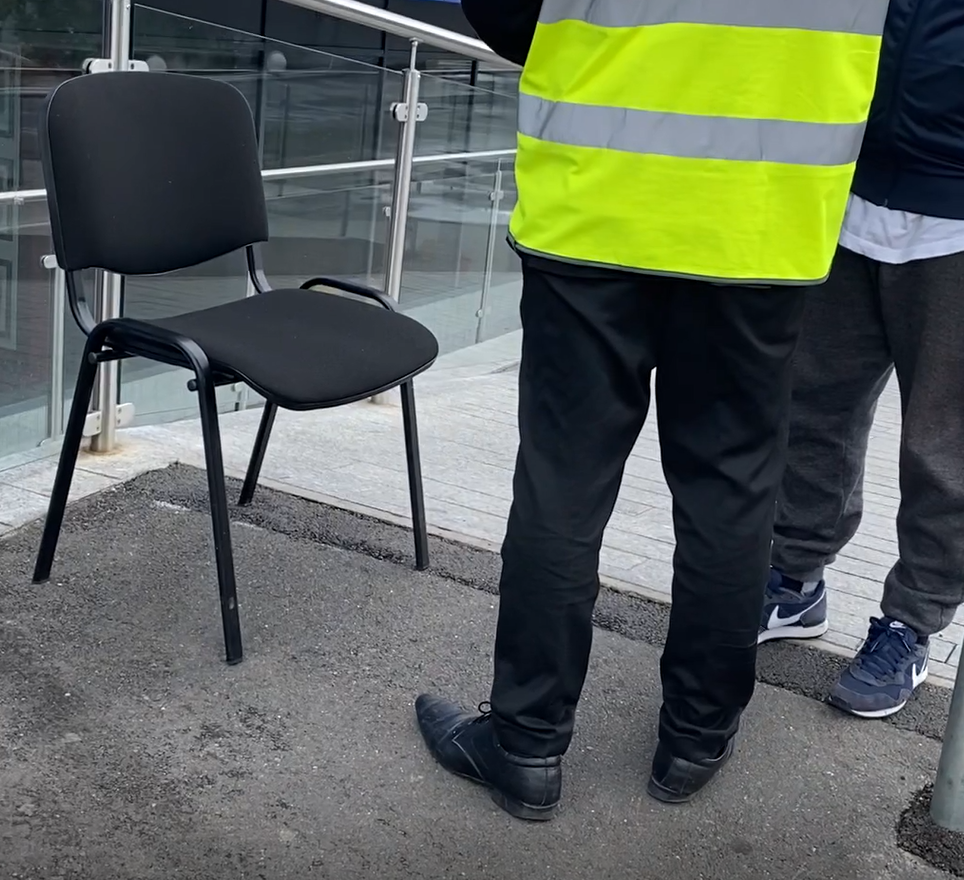Asylum seekers ‘effectively detained’ at Home Office hotels in potential legal breach
Published on 15 October 2022

People who crossed the Channel were taken to “short stay” hotels and claim they were told they couldn't leave
Reports Aaron Walawalkar, Liberty Investigates journalist, and May Bulman, Social Affairs Correspondent at the Independent. Edited by Eleanor Rose, Liberty Investigates editor.


